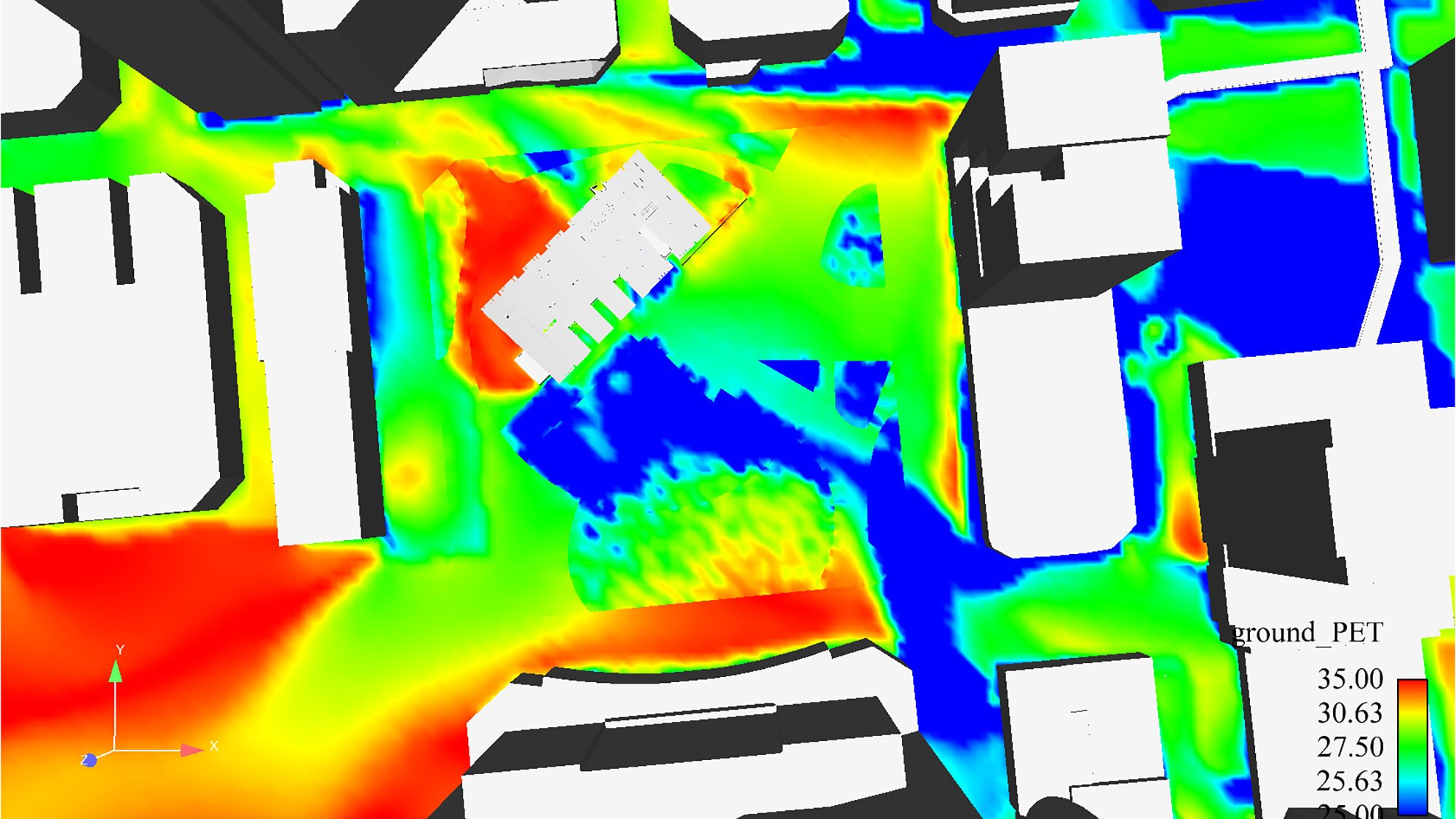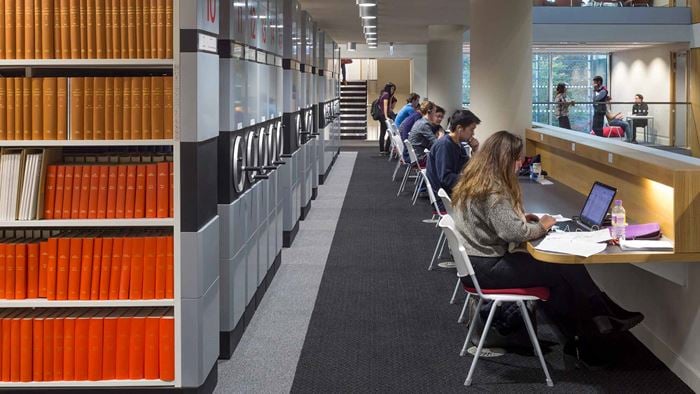England’s De Montfort University (DMU) has two campuses, 18,000 students, 3,000 staff and five faculties.
DMU previously measured its carbon footprint based on ‘Scope 1-2’ emissions (from building energy and travel) – the UK standard. In 2010 the Higher Education Funding Council for England (HEFCE) published a new national carbon strategy requiring the measurement of ‘Scope 3’ emissions by 2012.
Scope 3 includes indirect emissions from the institution’s activities, from sources not owned or controlled by the institution. For example, emissions from privately-owned halls of residence.
Pioneering approach
DMU was the first English university to undertake a full consumption-based footprint and associated interventions study. With experience working on similar studies for the National Health Service, Arup could offer unique knowledge and insight for this analytical project.
Arup was commissioned to calculate baseline greenhouse gas (GHG) emissions for a four-year period, highlight key carbon hotspots and identify quantitative and qualitative interventions. We engaged with eight DMU departments to achieve cross-departmental support.
Arup identified quantitative savings of £350,000 and 800 tonnes of CO2 equivalent per year and wrote a detailed action plan to enable DMU to meet Level 3 of the UK Government’s procurement framework and achieve qualitative organisational benefits.
Results
The five-month project was completed on time and two years ahead of HEFCE’s deadline. Scope 3 emissions were found to account for 74% of DMU’s total emissions, validating the innovative methodology and approach developed for this study.
 ;
;





